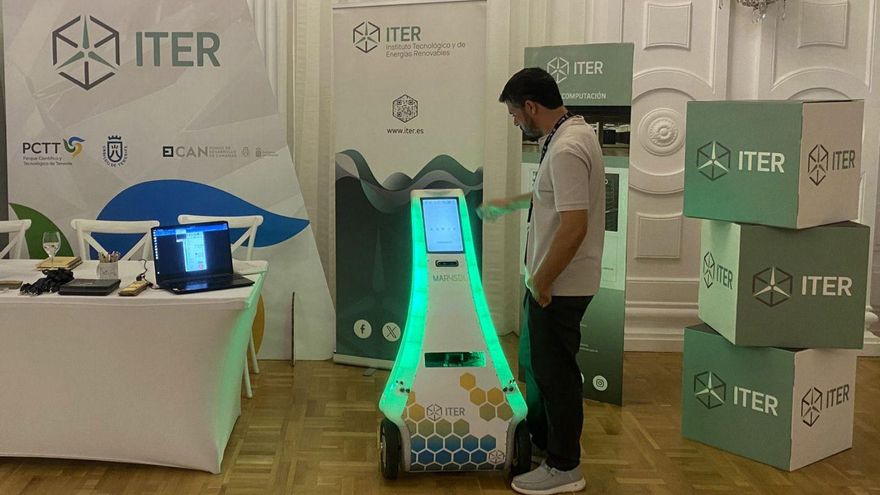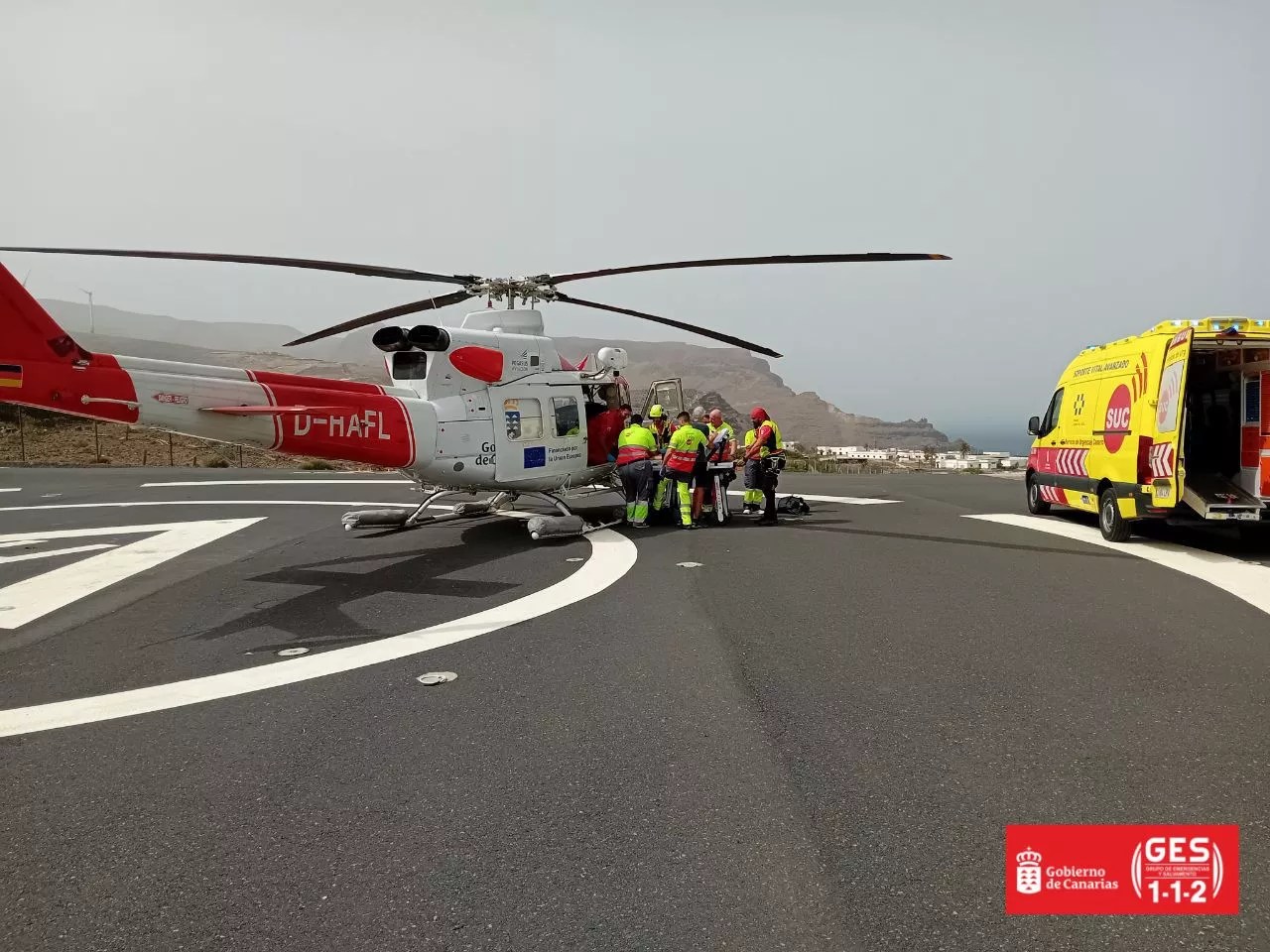
The talent from Tenerife is shining in Macaronesia projects. This highlights the involvement of the Technological and Renewable Energy Institute (ITER) and the Volcanological Institute of Canary Islands (Involcan), both under the Island Council, in five proposals focusing on geothermal energy, rehabilitation of natural ecosystems, and climate resilience. These institutions are collaborating on these new ventures which fall under the initial call of the Interreg MAC 2021-2027 Programme, where, besides the Canary Islands, entities and firms from the Azores and Madeira are also engaged.
The initiatives are titled Renaturmac, Geotermac, Prismac, Planclimac 2, and Implacost. Juan José Martínez, the insular Minister for Innovation, Research and Development, expresses that “through these initiatives, both entities strengthen their commitment to sustainability, technological advancement, and regional cooperation.” The shared aim is to confront vital challenges faced by the MAC region (Madeira, Azores, and Canary Islands) through strategic planning.
Five Initiatives
The Renaturmac project, led by ITER, will concentrate on the recovery and protection of areas of environmental significance, while Geotermac, headed by Involcan, will encourage research and the utilisation of geothermal energy as a renewable resource within the region. ITER is also involved as a partner in projects aimed at adapting to climate change, risk prevention, and enhancing resilience. Consequently, Prismac will focus on evaluating, reducing, and managing the risks associated with slope movements exacerbated by climate changes, while Planclimac 2 will work on developing and overseeing coordinated efforts to tackle the risks and hazards posed by climate change. Implacost will assess the environmental impacts on coastal zones as a result of climate change.
Renaturmac and Geotermac have a budget exceeding two million euros and commenced their activities at the end of October. Prismac has a budget of approximately 1.1 million euros, whereas Implacost and Planclimac 2 come with costs of over 3.5 million euros and 3.4 million euros, respectively.
500,000 euros and the Introduction of Marysol
The Technological and Renewable Energy Institute (ITER), associated with the Cabildo, has secured half a million euros to initiate three new research projects focused on renewable energy, digitisation, and volcanic monitoring. This funding is part of the grant for projects in public-private collaboration offered by the Ministry of Science. Additionally, ITER is set to unveil its Marysol robot tomorrow at the ULL Engineering Technical Conferences. |JDM
















